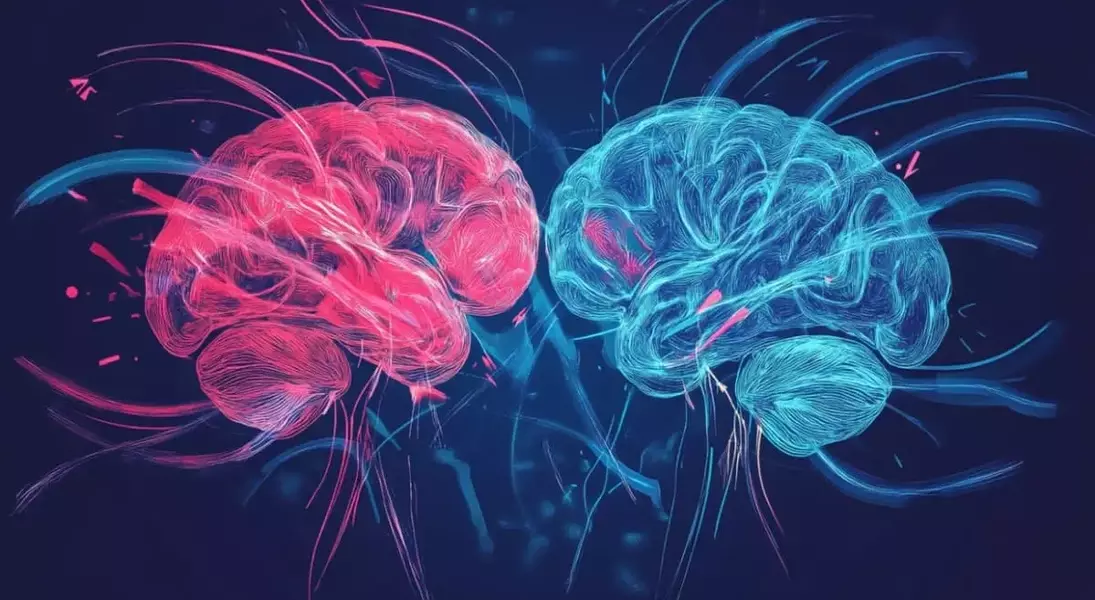
A groundbreaking study reveals how specific brain injuries can significantly alter an individual's decision-making process, particularly when it comes to impulsivity and susceptibility to external influences. Researchers have identified distinct areas within the medial prefrontal cortex (mPFC) that govern different aspects of impulsive behavior. This research not only sheds light on how brain damage affects personal choices but also highlights the role these regions play in responding to social cues.
Findings indicate that damage to certain parts of the mPFC can lead individuals to favor immediate rewards over long-term benefits. Additionally, those with lesions in particular sections of this brain region are more likely to be swayed by others who exhibit impulsive tendencies. The study involved a diverse group of participants, including those with targeted brain injuries, providing valuable insights into the neural mechanisms underlying these behaviors. Through carefully designed experiments, researchers observed how participants reacted to various scenarios involving delayed gratification and social influence.
This discovery opens doors for understanding broader societal implications, such as vulnerability to misinformation or financial decision-making under pressure. By mapping the precise locations and extents of brain lesions, scientists uncovered critical differences between two key areas of the mPFC. Damage to one area increases general impulsivity, while injury to another enhances sensitivity to others' impulsive actions. These results emphasize the importance of recognizing the intricate connections between brain structure and human behavior. Ultimately, fostering awareness about these neurological factors encourages empathy and promotes informed discussions around mental health and cognitive function.
